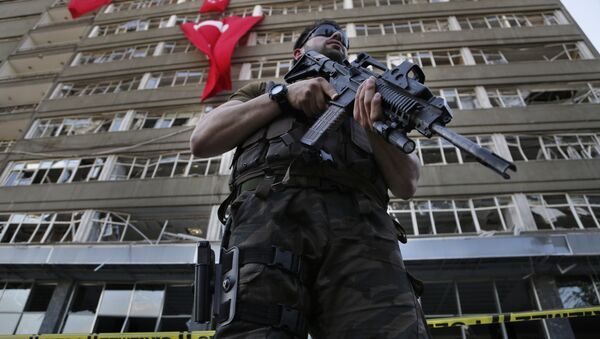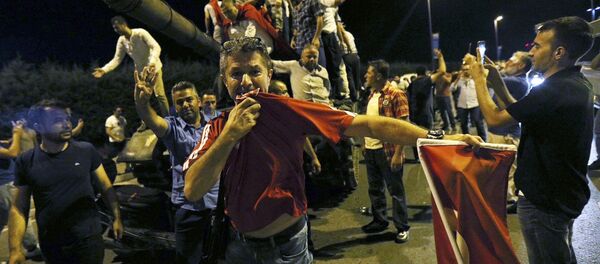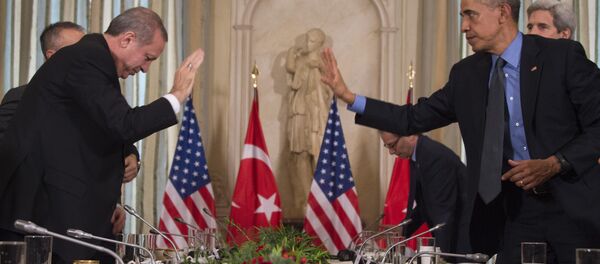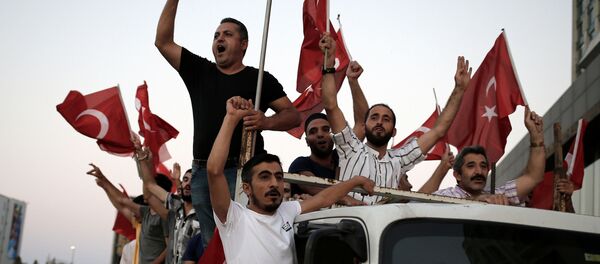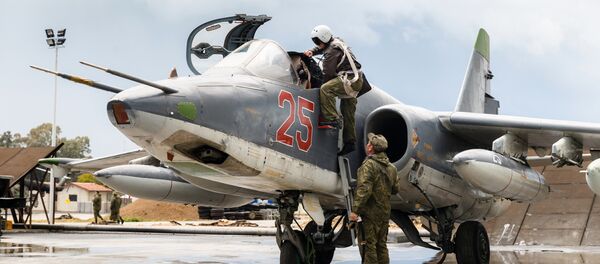Furthermore, during his live television appearance on news channel Haberturk, Labor and Social Security Minister Suleyman Soylu went even so far as to accuse the US of having its hand in the failed coup.
US Secretary of State John Kerry dismissed the accusations telling Turkish Foreign Minister Mevlut Cavusoglu during their phone call on July 16 that "public insinuations or claims about any role by the United States in the failed coup attempt are utterly false and harmful to [US-Turkish] bilateral relations."
However, it seems that the relationship between Turkey and the US continues to deteriorate.
Hurriyet Daily News reported Monday that Turkish Prime Minister Binali Yildirim warned Washington that "Turkey may question its friendship with the US" if it refuses to extradite the exiled cleric.
In his interview on The John Batchelor Show Professor Stephen F. Cohen pointed to the fact that relations between Turkish President Erdogan and then UK Prime Minister David Cameron and US President Obama were particularly frosty during the Warsaw NATO Summit in early July.
The Turkish President was nearly "ostracized" by his NATO allies.
Furthermore, according to Afshin Rattansi, a London-based author and journalist, it looked rather strange that no NATO member states lent a helping hand to Erdogan when the military coup erupted.
"It's astonishing that just a couple of years ago, we would have expected the NATO nations to have come to the aid of the Erdogan government which was elected in November. This time? Nothing," he stressed in his interview with RT.
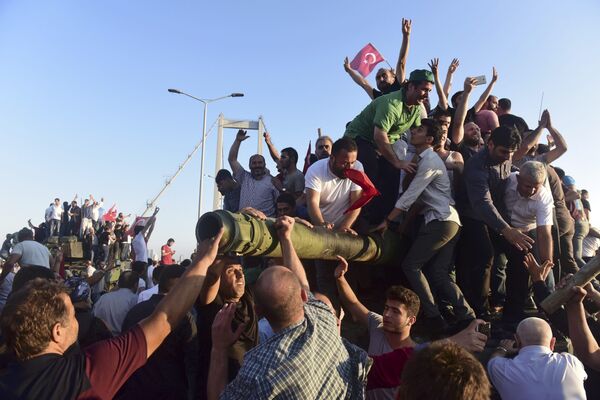
In his article for Consortiumnews.com a Canada-based author John Chuckman suggested that the US could have given a "wink and a nod (and of course, as always, some cash) to Turkish rebel forces" following the recent Russo-Turkish rapprochement.
"But that would not be the only reason for America supporting a coup. The truth is, from the American point of view, Erdogan's erratic behavior — shooting down a Russian war plane, firing artillery into Syria at American Kurdish allies, blackmailing Europe over large numbers of refugees in Turkish camps, and still other matters — over the last few years has added uncertainty and potential instability to a strategically important region," Chuckman writes.
On the other hand, the author continues if Washington was not involved in the plot the question arises: why it did not warn the Turkish president?
"After all, no one is better equipped for international communication interception than the US National Security Agency. If the United States were not involved, why didn't it warn Erdogan?" Chuckman asks.
"This airbase is Turkish, but has many American residents, including some high-level ones since there is not only a sizable air force stationed there but an estimated fifty thermonuclear bombs. The Turkish commander, Gen. Bekir Ercan Van, was in daily contact with the Americans and sought asylum in the United States before he was arrested by Turkey," the author points out.
Interestingly enough, in the wake of the coup the Turkish authorities started a search of the air base, while commercial power was cut off and the airspace above it closed.
However, there could be yet another explanation to NATO and the US not raising a finger to help Erdogan during the coup: some observers suggest that the failed coup could have been staged.
"There is a possibility that it could be a staged coup and it could be meant for further accusations [against Gulen and his followers]," exiled cleric Gulen said as quoted by the Guardian, sparking speculations about an alleged false flag operation in Turkey.
Still, these claims do not hold water, according to London-based political analyst Alexander Mercouris.
"The suggestion Erdogan stage-managed the coup himself is a fantastic one. On the contrary all the facts show that he and the other members of his government were utterly shocked by it, and were seriously frightened for their lives during it," Mercouris underscores providing an analysis of how the coup erupted in his article for The Duran.
According to the analyst that explains the massive purge in Turkey.
"This is being misinterpreted as a sinister power-bid by Erdogan to tighten his grip on Turkey. Frankly it doesn't look like that to me at all. On the contrary it looks to me to bear all the hallmarks of something else: blind panic," he underscores, pointing to the fact that Erdogan and his supporters can no longer trust any part of Turkey's Deep State.

